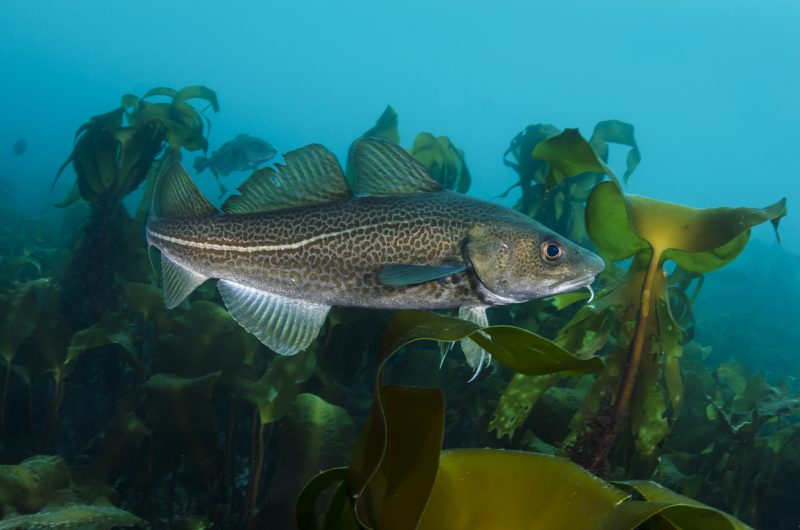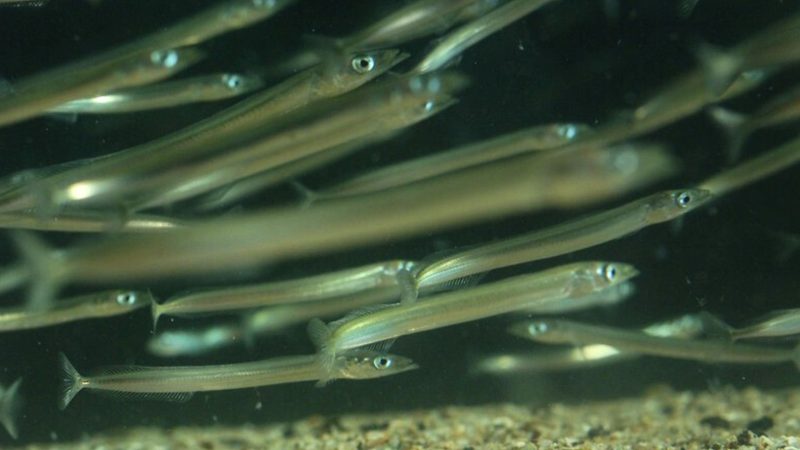What are the economic benefits versus the costs of closing international waters to fishing? Blue Marine Foundation asks a world-leading fisheries economist.
If the world were to agree to protect international waters (known as the ‘high seas’) from unregulated fishing what would be gained and what would be lost? That is the question leading fisheries economist, Dr Rashid Sumaila of the University of British Colombia, has asked.
In this short report for Blue Marine Foundation, Dr Sumaila answers this question. Due to be published this month, upon the conclusion of a new United Nations treaty to protect nature in international waters, we are now publishing this article in any event, despite the UN negotiations having been postponed as a result of the COVID-19 crisis. This comes in the same week as the announcement by the Indian Ocean Tuna Commission (IOTC) that its annual meeting, which was meant to take place in June, will be postponed until November.
Dr. Sumaila’s research concludes that closing sections of the high seas to fishing “is likely to result in relatively little loss, in the short term, in annual landed values and profits”. Moreover, “closing the high seas to fishing would result in a win-win-win outcome in which fish biomass, catch and profits would all increase”.
“Further analysis of fisheries data indicates that catches in coastal waters could surpass current global levels if the high seas is closed to fishing. These finding have led to a call to turn the high seas into a “fish bank” for the world, where fish can grow without the threat of being caught and then “seed” the fished areas within country waters”.
The technology now exists to properly regulate the high seas. The economic case for doing so is now clear. All that is still missing is the political will.
Blue Marine Foundation has been campaigning with our partners in the High Seas Alliance to improve the protection of nature in the high seas for a number of years and will continue to do so after the COVID-19 crisis passes. We look forward to the UN negotiations recommencing and coming to an ambitious conclusion on a high seas treaty at the soonest possible date.
Further to writing the report, Dr Sumaila said: “An example of where closure of the high seas would be immediately beneficial is in the Indian Ocean where the poorly-controlled exploitation of highly migratory fish such as tuna is concerning, both for the marine environment and the economies of developing coastal states that depend on such stocks for their food security.
The Indian Ocean Tuna Commission has so far failed in its attempt to curb overfishing of yellowfin tuna, with catches rising year on year rather than decreasing by the 25% that science says is needed. Closure of the high seas is one of a series of measures, alongside protection of juvenile fish in coastal waters, that should be in the toolbox for consideration at the IOTC meeting this year.
Closure of all areas beyond national jurisdiction in the Indian Ocean would allow the global community to buy insurance against extinctions and the loss of marine diversity in the long term, while protecting market values for the benefit of both current and future generations.”


















